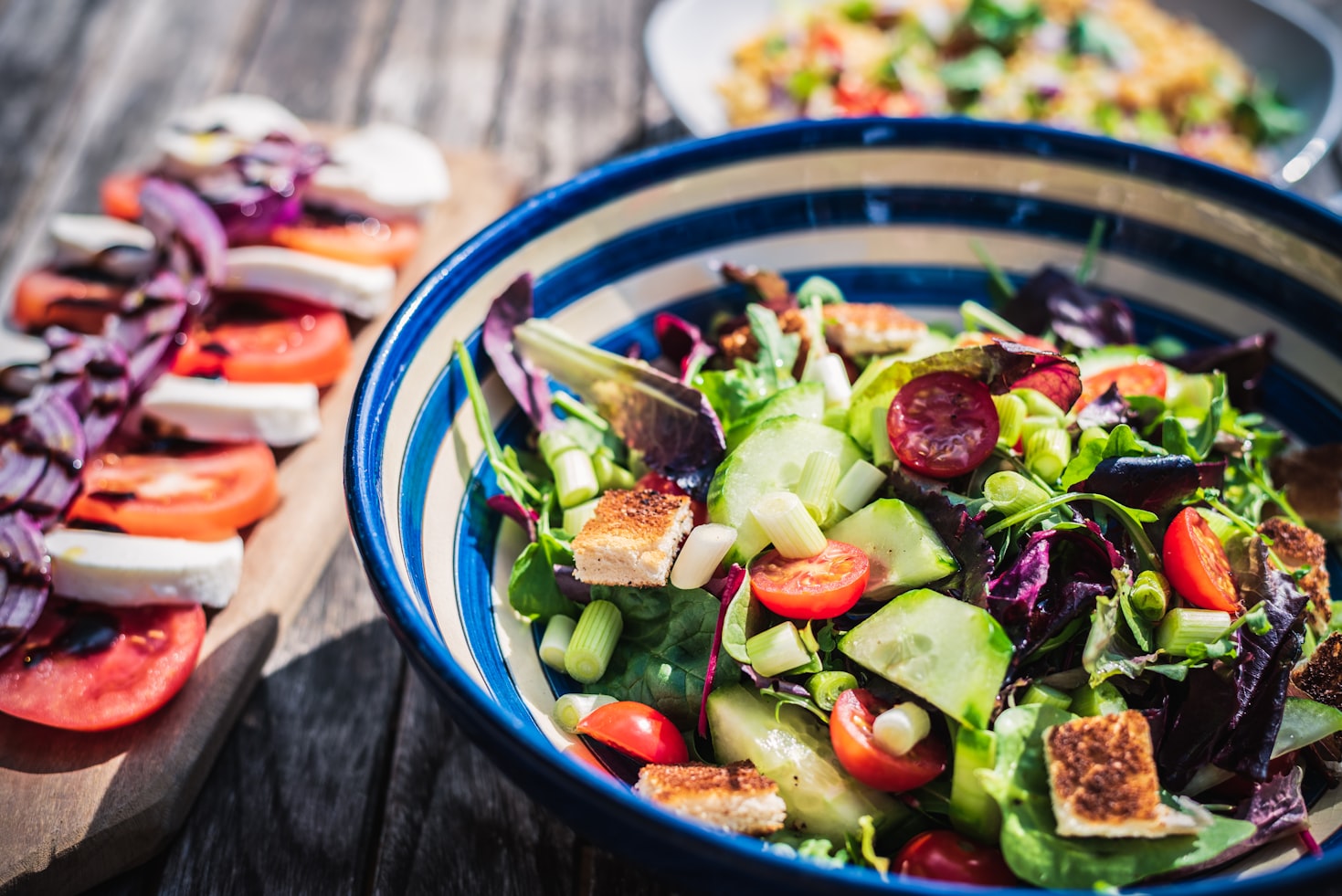Why Am I Not In Ketosis?
Many people turn to the ketogenic diet as a way to lose weight, improve their health, and increase their energy levels. However, some individuals may find themselves frustrated when they don’t achieve the desired state of ketosis. In this article, we will explore the reasons why you may not be in ketosis and provide valuable insights to help you overcome these obstacles.
1. Consuming Too Many Carbohydrates
The primary principle of the ketogenic diet is to restrict carbohydrate intake to a minimum. When you consume too many carbohydrates, your body will use glucose as its primary fuel source instead of fat. This can prevent you from entering ketosis.
To ensure you are in ketosis, it is crucial to limit your carbohydrate intake to around 20-50 grams per day. This will force your body to switch to burning fat for fuel, leading to the production of ketones.
2. Not Tracking Your Macros
Tracking your macronutrients, including carbohydrates, protein, and fat, is essential for achieving and maintaining ketosis. Without proper tracking, it can be challenging to determine if you are consuming the right balance of nutrients.
Using a food diary or a mobile app can help you keep track of your macronutrient intake. This way, you can ensure you are staying within the recommended ranges for each nutrient, especially carbohydrates.
3. Consuming Hidden Carbohydrates
While you may be diligent in tracking your carbohydrate intake, it is essential to be aware of hidden carbohydrates in certain foods and beverages. Some foods that appear to be low in carbohydrates may contain hidden sugars or starches that can hinder your progress in achieving ketosis.
Common culprits include condiments, sauces, processed meats, and certain vegetables. Reading food labels carefully and opting for whole, unprocessed foods can help you avoid these hidden carbohydrates.
4. Overconsumption of Protein
While protein is an essential macronutrient, consuming too much of it can hinder your progress in achieving ketosis. Excess protein can be converted into glucose through a process called gluconeogenesis, which can disrupt ketone production.
It is crucial to strike a balance between protein intake and fat intake. Aim for moderate protein consumption, typically around 20-25% of your daily caloric intake, to ensure you stay in ketosis.
5. Lack of Sufficient Fat Intake
The ketogenic diet relies on high-fat consumption to provide the necessary fuel for your body. If you are not consuming enough fat, your body may not have the resources it needs to produce ketones efficiently.
Ensure that you are incorporating healthy sources of fat into your diet, such as avocados, nuts, seeds, olive oil, and coconut oil. These fats will not only support ketosis but also provide essential nutrients for overall health.
6. Stress and Lack of Sleep
Stress and lack of sleep can have a significant impact on your body’s ability to enter and maintain ketosis. When you are stressed or sleep-deprived, your body releases cortisol, a stress hormone that can increase blood sugar levels and inhibit ketone production.
It is crucial to prioritize stress management techniques, such as meditation, exercise, and adequate sleep, to support your ketogenic journey. These practices can help regulate cortisol levels and promote a state of ketosis.
Frequently Asked Questions (FAQ)
1. Can I consume artificial sweeteners while on a ketogenic diet?
While artificial sweeteners may not contain carbohydrates, they can still trigger an insulin response in some individuals. This insulin response can disrupt ketosis. It is best to limit or avoid artificial sweeteners to ensure optimal results.
2. How long does it take to enter ketosis?
The time it takes to enter ketosis can vary from person to person. Generally, it takes around 2-7 days of strict carbohydrate restriction to deplete glycogen stores and enter ketosis. However, some individuals may take longer.
3. Can I consume alcohol while on a ketogenic diet?
Alcohol can hinder your progress in achieving and maintaining ketosis. When you consume alcohol, your body prioritizes metabolizing it over burning fat. Additionally, many alcoholic beverages contain carbohydrates, which can further impede ketosis.
4. Can I exercise while on a ketogenic diet?
Exercise can be beneficial while on a ketogenic diet. However, it is important to note that during the initial adaptation phase, your performance may be affected due to the body’s adjustment to using fat as fuel. As your body becomes more efficient at utilizing fat, your exercise performance should improve.
5. Can I consume dairy products on a ketogenic diet?
Dairy products can be consumed on a ketogenic diet, but it is important to choose full-fat options and be mindful of carbohydrate content. Some individuals may be sensitive to lactose or casein, so it is essential to listen to your body and make adjustments accordingly.
6. Can I follow a ketogenic diet if I have certain medical conditions?
While the ketogenic diet has shown promise in managing certain medical conditions, it is crucial to consult with a healthcare professional before making any significant dietary changes. They can provide personalized guidance based on your specific health needs.
Summary
Achieving and maintaining ketosis can be a transformative experience for many individuals. By understanding the common pitfalls and implementing strategies to overcome them, you can optimize your chances of entering and staying in ketosis. Remember to track your macronutrients, limit hidden carbohydrates, balance protein and fat intake, prioritize stress management and sleep, and be mindful of individual factors that may affect your progress. With dedication and perseverance, you can unlock the benefits of ketosis and achieve your health and wellness goals.





